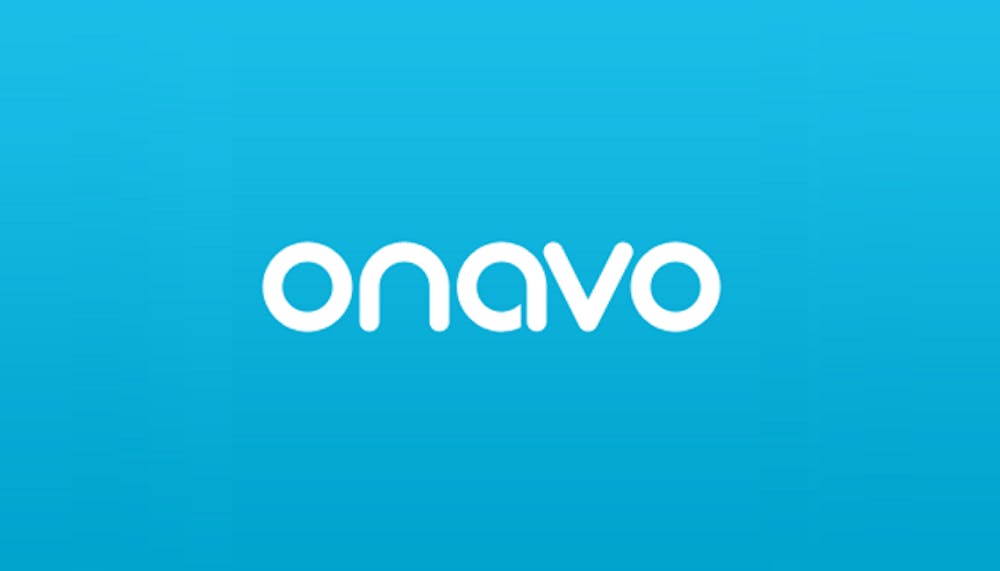by Eben Griger A new setting recently appeared in Facebook’s iOS app, called “Protect.” As it turns out, protecting users is pretty much the last thing it does. Clicking on “Protect” brings you to the Apple App Store and asks you to install the Virtual Private Network (VPN) Onavo. What a VPN does, and what Onavo should do, is stop users’ internet provider from seeing what they are doing online, specifically what websites are visited and when. This prevents things like targeted ads and price changes based on search history (a practice airlines have been known to do) to follow VPN users. The reality of Facebook’s VPN service is different. While blocking all history from internet providers, it still sends all of its users’ data right to Facebook. So while users may not be using the Facebook app, anything they do online while Onavo is active is still sent to the social media company. Differing from most VPNs in another way, Onavo stays active all the time, not just when using an internet browser. This means that anything done before manually disabling Onavo, from apps to mobile data, can be seen by Facebook. While the App Store page does inform users of this, its still not exactly what most expect from an app that supposedly protects its users’ privacy. While all of this may seem suspect, it’s not a real problem unless Facebook decides to start using all of that user generated data, right? Well the Wall Street Journal found that’s already happening. Facebook uses the data collected from Onavo to make business decisions, specifically what startups to acquire based on user popularity. By taking in user data through Onavo, Facebook can pre-emptively buy and eliminate any competition before it gains enough traction to become a threat.


















